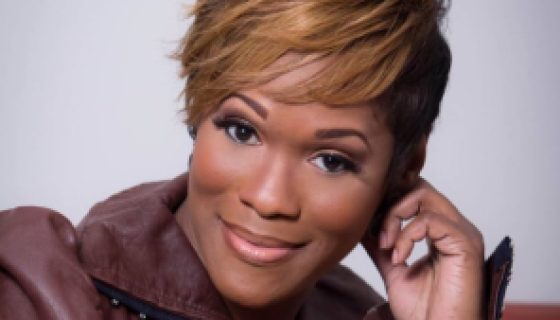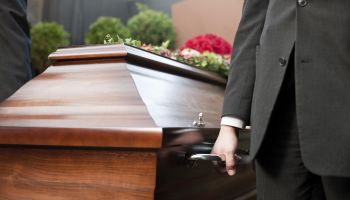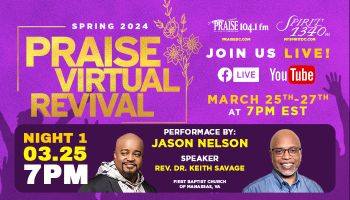 When the Revered DeForest Soaries attends gatherings of his fellow leaders in the Black Church, he often finds himself the youngest man in the room. Soaries, the senior pastor at First Baptist Church of Lincoln Gardens in Somerset, New Jersey, is 62-years-old. The graying of the church leadership (both among the professional clergy and laypeople) started to really concern him a few years ago, he tells me, when he learned that “the youth director for the National Baptist Convention was 80-years-old.”
When the Revered DeForest Soaries attends gatherings of his fellow leaders in the Black Church, he often finds himself the youngest man in the room. Soaries, the senior pastor at First Baptist Church of Lincoln Gardens in Somerset, New Jersey, is 62-years-old. The graying of the church leadership (both among the professional clergy and laypeople) started to really concern him a few years ago, he tells me, when he learned that “the youth director for the National Baptist Convention was 80-years-old.”
To address the problem, he decided a few years ago to fire his wife. Donna Soaries was the head of the annual women’s retreat ministry at Lincoln Gardens. Attendance at the retreat often tops one thousand people, which is why organizing it takes up much of the year and why being in charge of it is considered a great honor and responsibility in the congregation. But Pastor Soaries tells me that his wife had been in the role for 16 years, and many of her friends had been serving on the committee for a similar length of time.
So he asked his wife and the other ladies to please step aside and let some younger women take over. Some of the church’s lay leaders, he told me, had begun to “cling to their positions. It became their personal property. They were intimidated by the idea that they might be displaced.”

Soaries’s congregation is not alone. As Mark Chaves, a professor at Duke University, has written,“People in the pews are getting older.” In the 1970s, people who attended church frequently were on average three years older than the general population. In 2008, there was a five-year gap. We have reached a point where “the average churchgoing adult in the United States is now 50-years-old.”
But if religious institutions are ever going to get young adults to return, the leadership will have to figure out a way to make them feel like their time and talents are needed. It is not uncommon to hear boomers in church complain about the self-absorbed millennials who don’t support their religious communities. As a Pew Survey famously found in 2012, a third of American adults under the age of thirty claimed no religious affiliation,
These “emerging adults” seem to older generations like overgrown teenagers — putting off marriage and family, living in parents’ basements, unable to commit to even a single social media outlet. But there is a chicken-and-egg element to this problem. The older members of congregations see these 20-somethings as children because they don’t take on responsibility. But as the older members lead longer healthier lives, they refuse to hand over any.
source: Joy105.com














